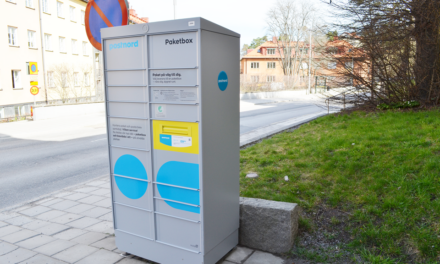
EU bans postal monopolies from 2011
National monopolies for mail delivery in the European Union will be dismantled by 2011, with postal companies free to operate in any of the EU’s 27 countries – meaning the Royal Mail could face threats by European competitors on British soil.
Nine new EU countries plus Greece and Luxembourg will get the option of an additional two years to prepare for a full opening of the delivery of letters under 50 grams (1.75 ounces) – the last category where national postal companies face no rivals.
The plan was approved by the European Parliament last Thursday 31st January.
A universal public service ensuring every European gets at least one delivery and collection a day, five days a week will still be guaranteed and can be subsidized by governments if it loses money.
Postal services in the European Union handle an estimated 135 billion items a year, with an estimated turnover of 88 billion Euros (GBP 65billion) – around 1 per cent of the union’s gross domestic product. The sector employs more than 5 million people.
Full liberalization should lead to cheaper and more reliable mail deliveries, according to EU officials.
It could also force the Royal Mail to scramble to remain competitive against European services moving to Britain – and raises the possibility of a Royal Mail service operating on the continent.
An organization representing customers and competitors of the public postal operators across the EU called on the national regulators to prevent national monopolies from unfair tactics.
The issue of outside competition for domestic mail-carriers is a heated one in many EU countries. While parcel and package deliveries have already been liberalized across the 27-nation union, national governments may still reserve the market for delivering letters under 50 grams (1.75 ounces) for national carriers.
Many countries have been slow to open their postal market to competition. Only Sweden, Britain, Finland have scrapped all legal monopolies. Germany has also liberalized its postal deliveries, but the government has introduced fairly high minimum wages – between 8 and 9.80 Euros – for letter carriers, which critics say could deter potential competition to former monopoly Deutsche Post.
Ninety per cent of European mail is sent by businesses, and this is where most new entrants are likely to target new, lower-priced services – ignoring unprofitable consumer services in remote or rural areas.
The postal reform was first considered more than 15 years ago as part of the gradual opening of Europe’s services market. In its last set of proposals, the executive European Commission wanted all monopolies to be dismantled by 2009, but was overruled by the European Parliament and apprehensive member states.











